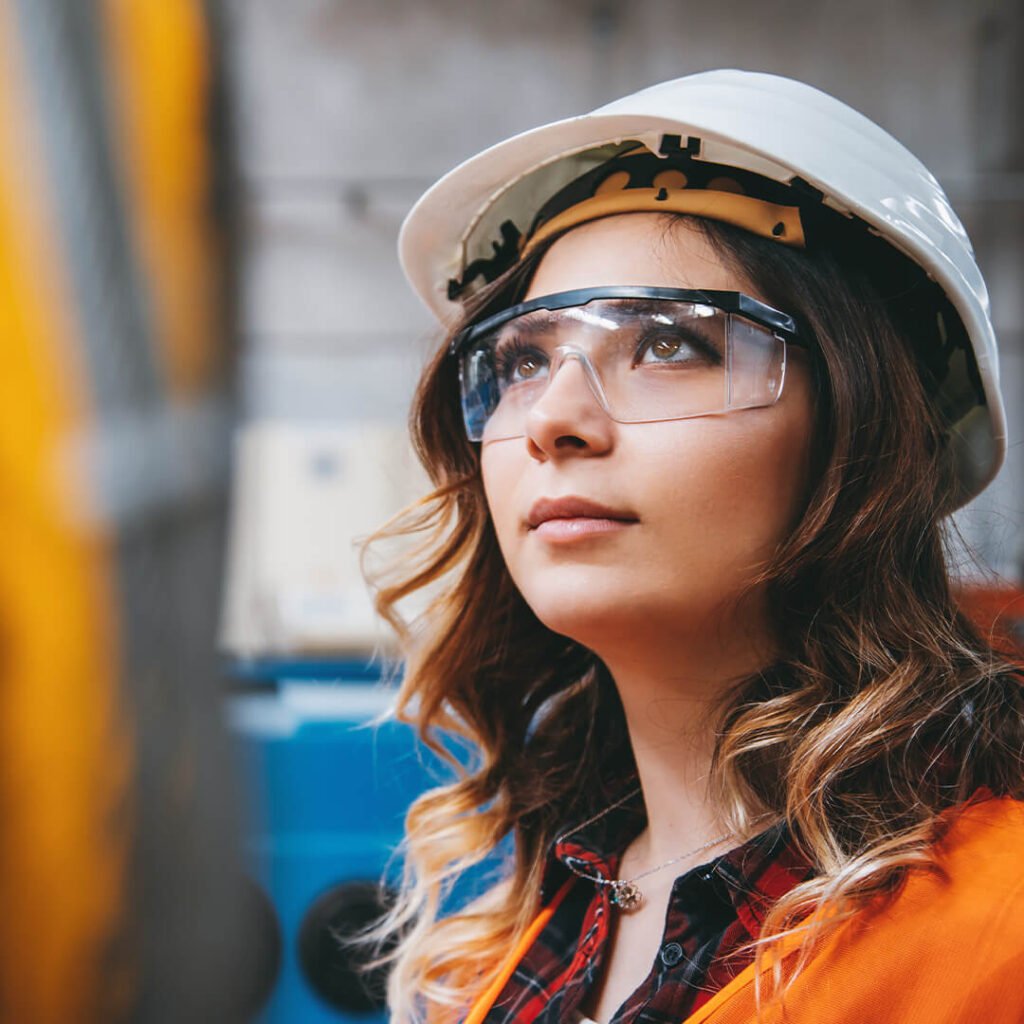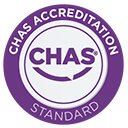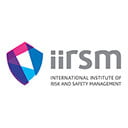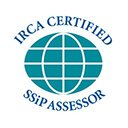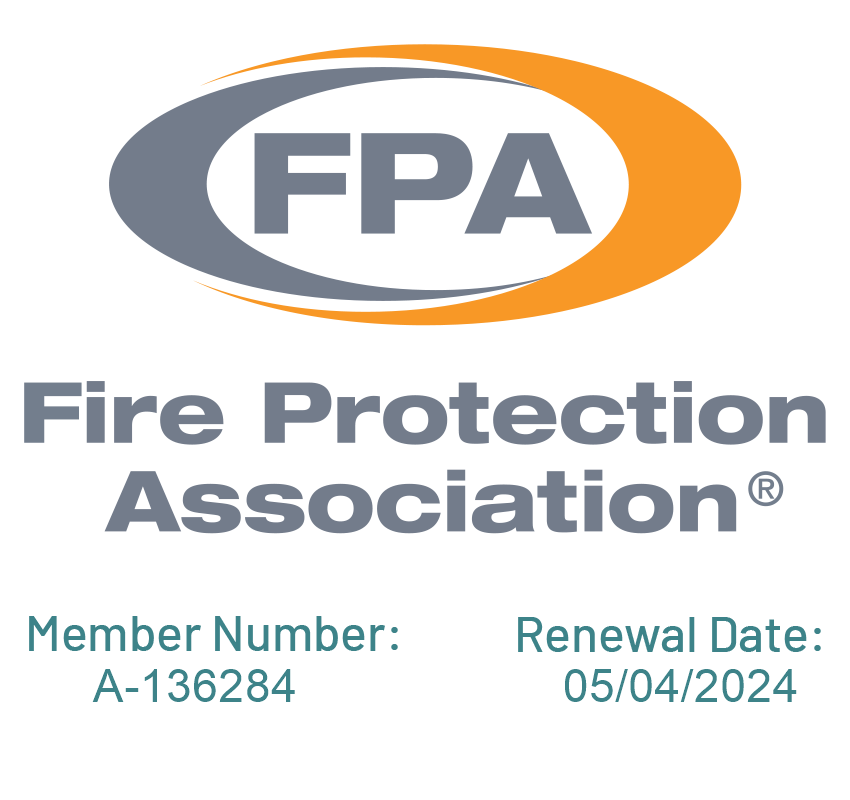Ask The Expert: Council fined as school technician loses finger
What are Safe Systems of Work?
A safe system of work is a defined method of doing a job in a safe way.
Employers must ensure those safe systems of work are available for all work activities that create significant risk, in the same way, that it’s your responsibility to carry out risk assessments for all work activities.
Safe systems of work become particularly important when significant residual risk remains after all practicable control measures have been introduced into work processes and where control measures that are usually present need to be removed so that a task can be completed, for example, during maintenance, servicing, inspection work, cleaning and/or construction activities.
Why is it important to develop Safe Systems of Work?
Safe systems of work ensure that all the steps necessary for safe working have been anticipated and implemented and are designed to reduce human error.
It might not always be possible to eliminate risk in these circumstances. Risk can be reduced by implementing physical controls, providing personal protective equipment (PPE) and developing safe systems of work.
Setting up your Safe systems of work and providing training to all employees, and keeping the training up to date will help to prevent accidents from occurring in the first place but will help protect you against prosecutions should accidents occur by providing evidence of the steps you have in place and have taken to ensure your are safe.
With fines having increased 450% since introducing new sentencing guidelines in 2016, taking the time to strengthen your safety systems proactively is crucial. Developing safe systems of work is a key part of this.
